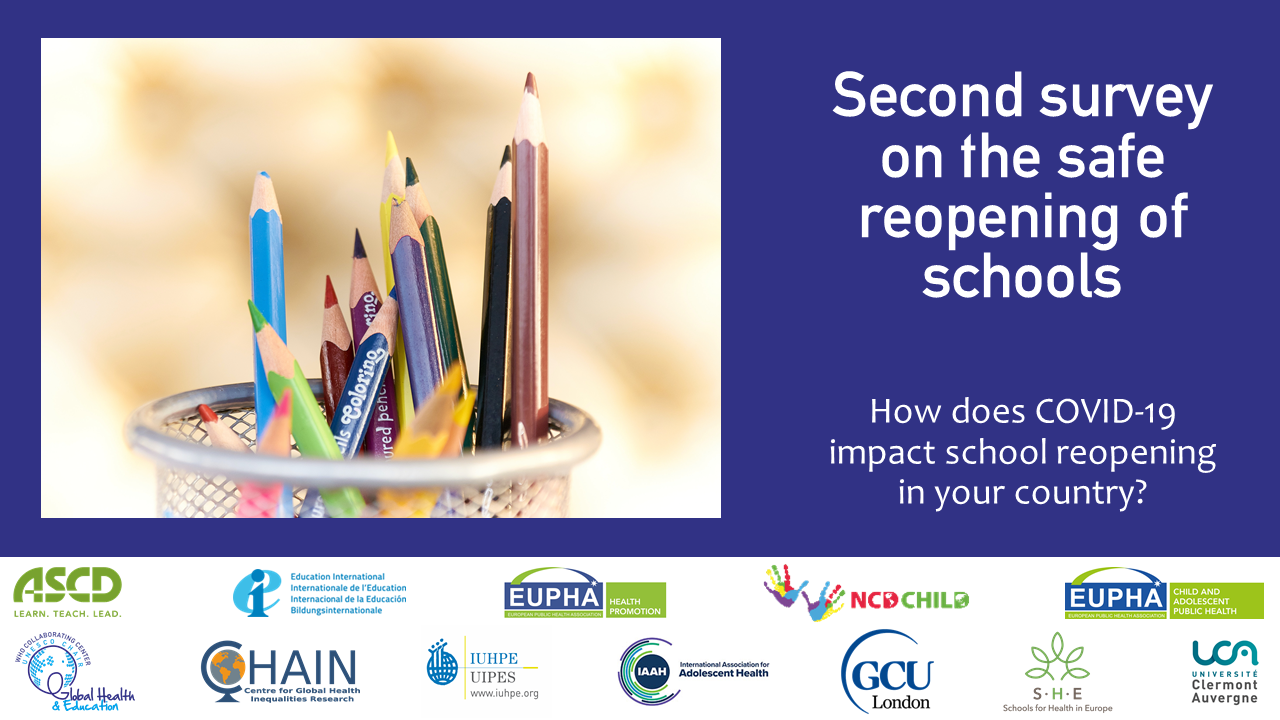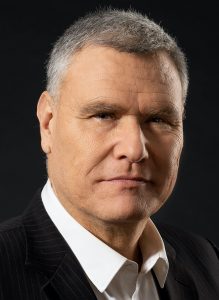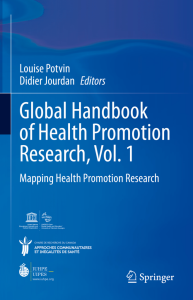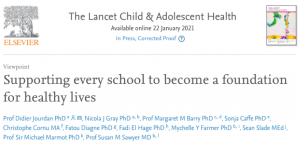Preliminary results of the global survey on safe reopening of schools
The second survey on the safe reopening of schools was active from February to October 2021. The aim of this survey was to gather the experiences and opinions of education and health professionals about the processes in place in their countries and territories to reopen schools safely during the COVID-19 pandemic, and to keep them open. With the collaboration of our Consortium partners, the survey has been disseminated all around the world in seven languages (Arabic, English, French, German, Mandarin, Portuguese and Spanish), which resulted in contributions from 72 countries.
Many themes are covered by the survey: the implementation of infection control measures in schools, the impact of infection control measures (on students and staff), the guidance and training received, the enablers and barriers to reopening schools and intersectoral working in schools. As a first step, we are glad to share the preliminary results on intersectoral collaboration and training on the UNESCO Chair website.














 About Didier Jourdan
About Didier Jourdan
